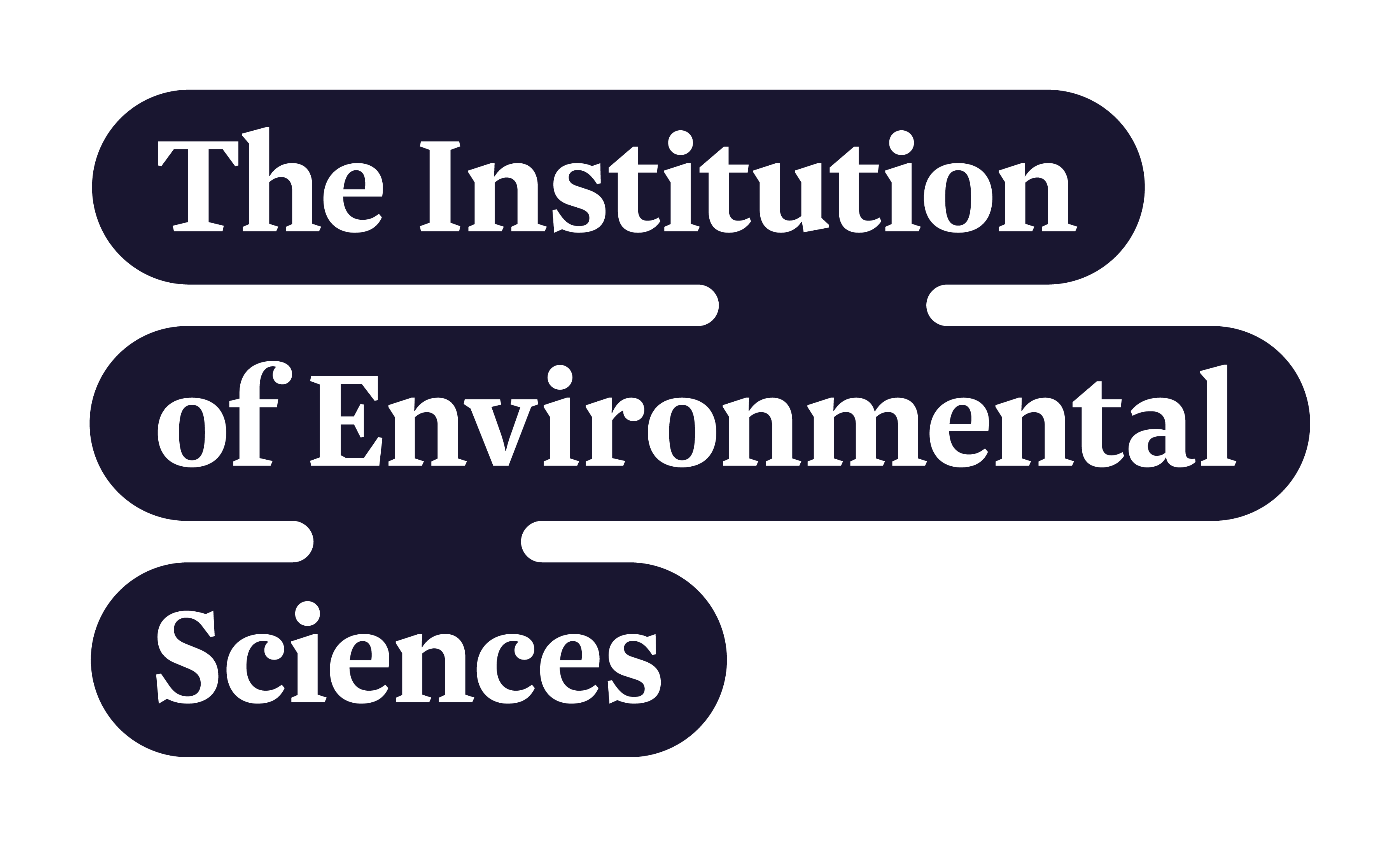IES Webinar - Is the Site Water Tight?
Flooding and drainage are highly topical issues in the UK at the moment and are key considerations under the planning regime. Flood risk can often constrain the type and scale of development that will be permitted at a site.
This webinar will help you understand how sites interact with water, including how to ensure a development will be safe from flooding, the need to improve water quality in the wider environment and how water is a cornerstone for healthy ecological habitats.
- Identifying potential risk and when a Flood Risk Assessment is needed
- Climate change allowances and their application
- Key flood risk considerations and mitigation options
- Surface water drainage / Sustainable Drainage Systems (SuDS)
- Taking a holistic approach to water environment issues (e.g. new London Plan, WFD)
This free online event is open to everyone.
Our speakers

Jonathan Morley, Technical Director – Hydrology, RPS
Jonathan is a Hydrology Technical Director and an experienced flood risk assessor specialising in the provision of Flood Risk Assessments and drainage strategies. Jonathan has provided these assessments for a wide range of schemes, from small scale residential to airport extensions. He has also produced the evidence base required to support case making and for the removal of drainage and flood risk related planning conditions for several high-profile applications.

Francesca Caggiano – Principal Consultant – Hydrology, RPS
Francesca is a Flood Risk and Drainage Consultant with over six years’ experience in the field of hydrology, having authored numerous Flood Risk and Flood Consequence Assessments in line with National Policy Statements, the NPPF, Planning Practice Guidance, Planning Policy Wales and TAN 15, as well as SuDS guidance. Areas of expertise include flood modelling, GIS and Microdrainage.
She has provided advice and guidance on developments for many private and public sector clients. She has experience in advising clients with regards to constraints and opportunities of a specific site as well as liaising with all parties involved including the Environment Agency (EA), Natural Resources Wales (NRW), Internal Drainage Boards and Thames Water among others.



